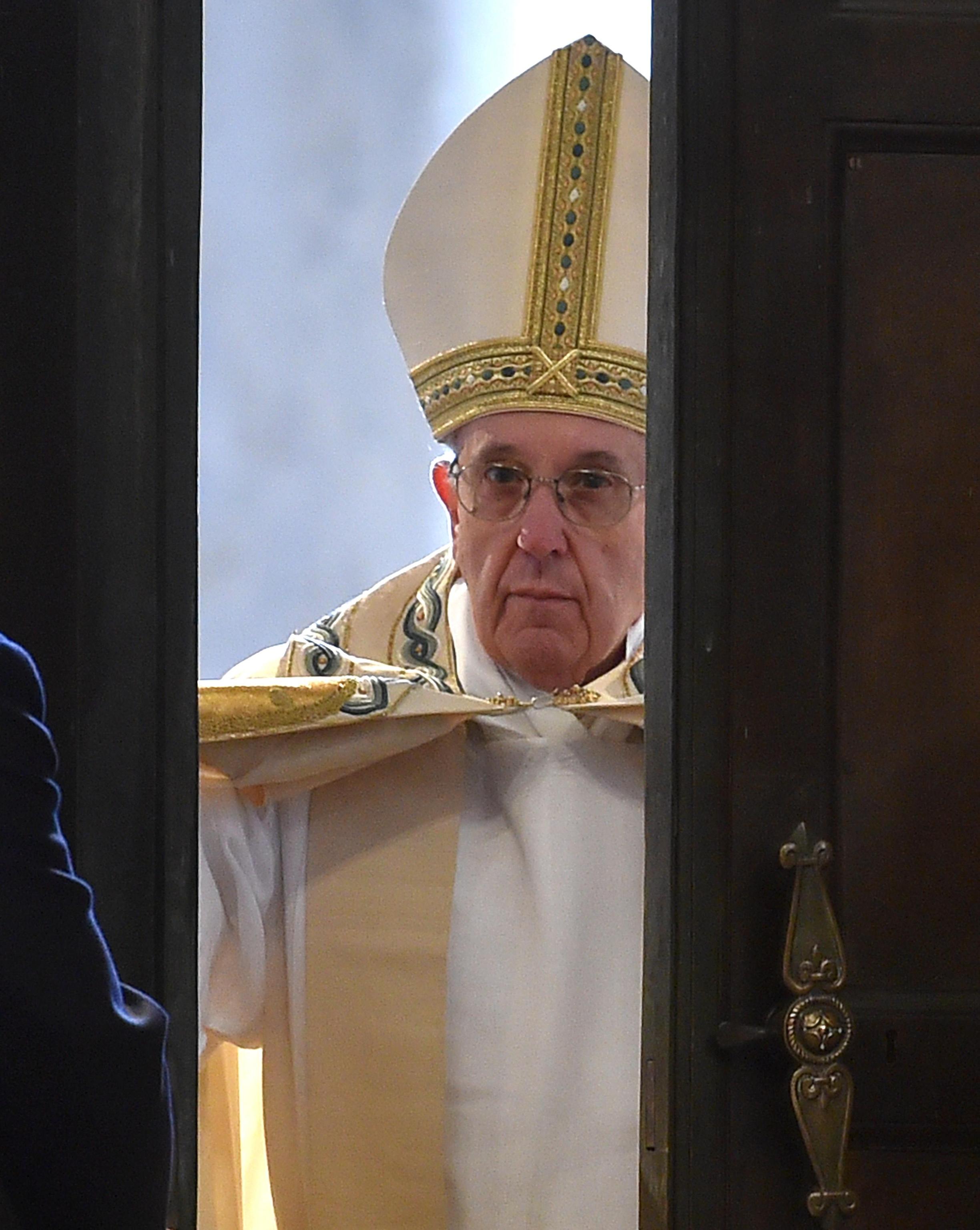Pope Francis' inauguration marked a significant moment in the history of the Catholic Church, as it introduced the world to a pontiff who would redefine the role with his humility and progressive ideals. On March 19, 2013, Cardinal Jorge Mario Bergoglio, from Buenos Aires, Argentina, stepped onto the balcony of St. Peter's Basilica to address the global congregation as Pope Francis. His emergence was not just a ceremonial transition but a symbolic shift towards a more inclusive and compassionate papacy.
As the first pope from the Americas and the first Jesuit to hold the position, Pope Francis brought a fresh perspective to the Vatican. His emphasis on social justice, care for the marginalized, and environmental stewardship quickly set him apart. The world watched with anticipation as he delivered his inaugural speech, setting the tone for what would become a transformative era under his leadership. This pivotal moment resonated deeply, capturing the hearts of Catholics and non-Catholics alike.
Pope Francis' journey to the papacy began when he addressed the faithful from the balcony of St. Peter's Basilica, marking the start of a new chapter in the Catholic Church. In his first speech as pontiff, he emphasized themes of peace, love, and unity, which would later define his papal legacy. As Cardinal Jorge Mario Bergoglio, he represented a break from tradition by being the first pope from the Southern Hemisphere, bringing a unique perspective to the Vatican.
Words of Hope: A Message to the Faithful
In his inaugural speech, Pope Francis encouraged the faithful not to fear goodness or tenderness, urging them to embrace these qualities boldly. He spoke passionately about the importance of kindness and compassion, reminding everyone that these virtues are essential in fostering a more harmonious world. His words resonated with people across the globe, transcending religious boundaries.
Pope Francis' message struck a chord with many who had witnessed previous popes focusing primarily on doctrinal matters. By highlighting the need for tenderness, he signaled a shift toward a more pastoral approach, one that prioritized human connection over rigid dogma. This approach endeared him to millions around the world, making his speeches highly anticipated events.
Throughout his tenure, Pope Francis continued to practice what he preached, embodying the principles he advocated during his inaugural address. His actions reinforced his commitment to leading by example, ensuring that his teachings were not merely words but lived experiences. This consistency strengthened his influence and appeal among diverse audiences worldwide.
Global Diplomacy: Navigating Complex Relationships
The inauguration of Pope Francis also carried significant geopolitical implications, particularly concerning relations between China and Taiwan. Serving presidents attended past papal ceremonies, yet the evolving dynamics posed challenges for Vatican diplomacy. Beijing's pressure on the Vatican to sever ties with Taipei highlighted the delicate balance required in international affairs.
Pope Francis navigated these complexities with grace and determination, maintaining open channels of communication while upholding core values. His ability to engage diplomatically without compromising moral integrity demonstrated his adeptness in managing sensitive relationships. Such efforts contributed to strengthening the Vatican's role as a mediator in global conflicts.
Despite occasional tensions, Pope Francis remained steadfast in promoting dialogue and understanding among nations. His dedication to fostering peaceful resolutions underscored his commitment to using the papacy as a platform for positive change. This approach earned him respect from leaders and citizens alike, enhancing the Vatican's influence on the world stage.
Prayers Across Borders: Unity Amidst Division
During Donald Trump's inauguration as the 45th president of the United States, Pope Francis extended cordial greetings and assurances of prayer. While acknowledging differences, he expressed hope that wisdom and strength would guide the new administration. This gesture exemplified his commitment to unity amidst political divisions.
Pope Francis consistently prayed for leaders regardless of their policies, emphasizing the importance of mutual respect and collaboration. His willingness to engage constructively with figures like Trump showcased his belief in the power of dialogue to bridge divides. Through such actions, he promoted an atmosphere conducive to constructive engagement.
By praying for Trump and others, Pope Francis reinforced the idea that spirituality transcends politics, offering a unifying force capable of inspiring cooperation. His inclusive approach invited all individuals to participate in building a better future together, reinforcing the universal message of peace and reconciliation central to his papacy.

